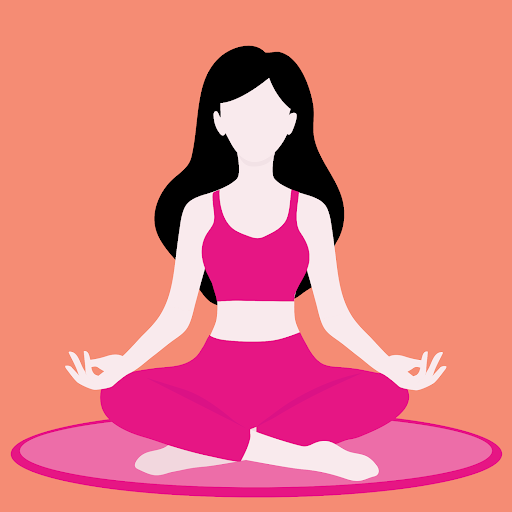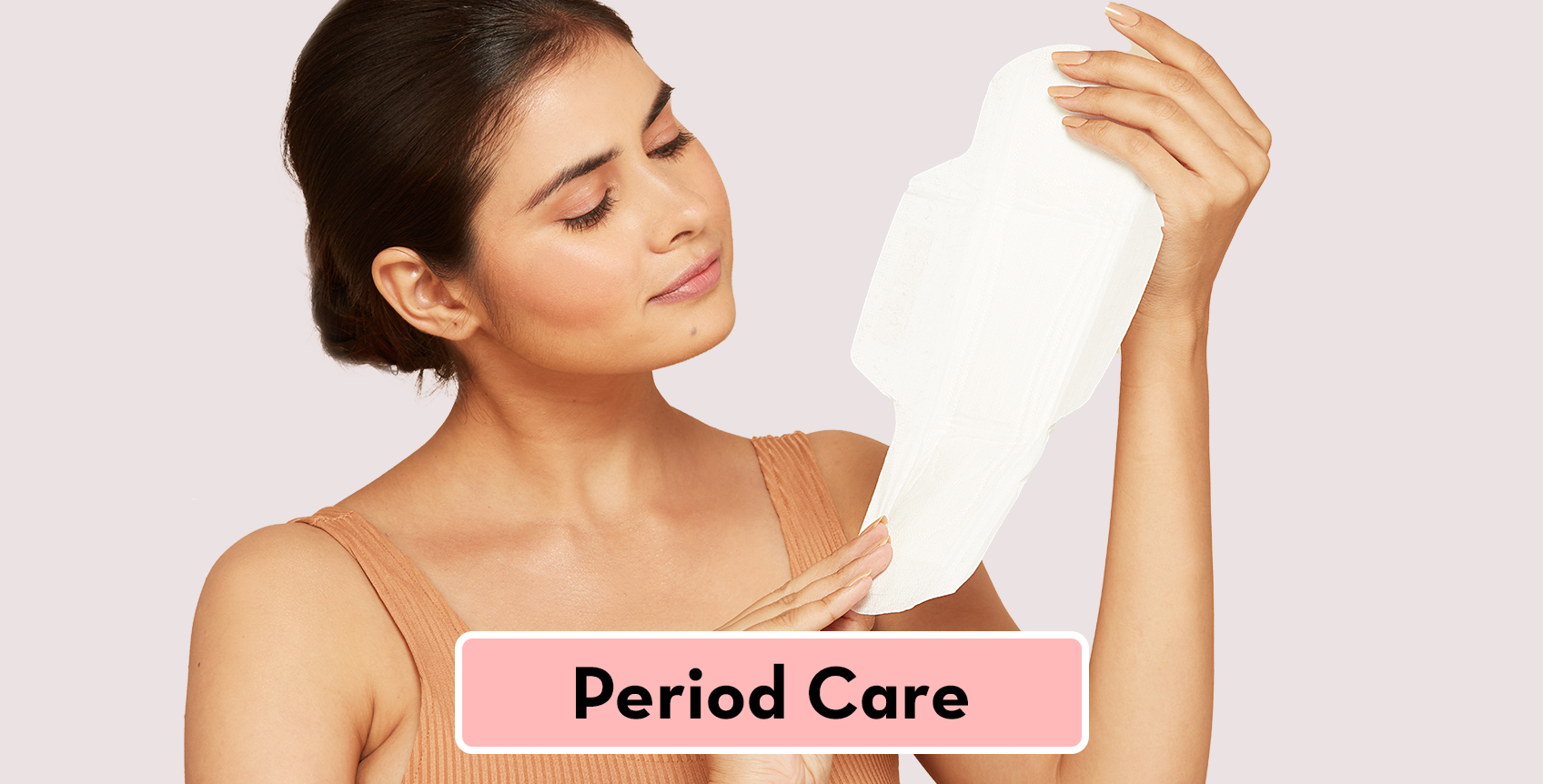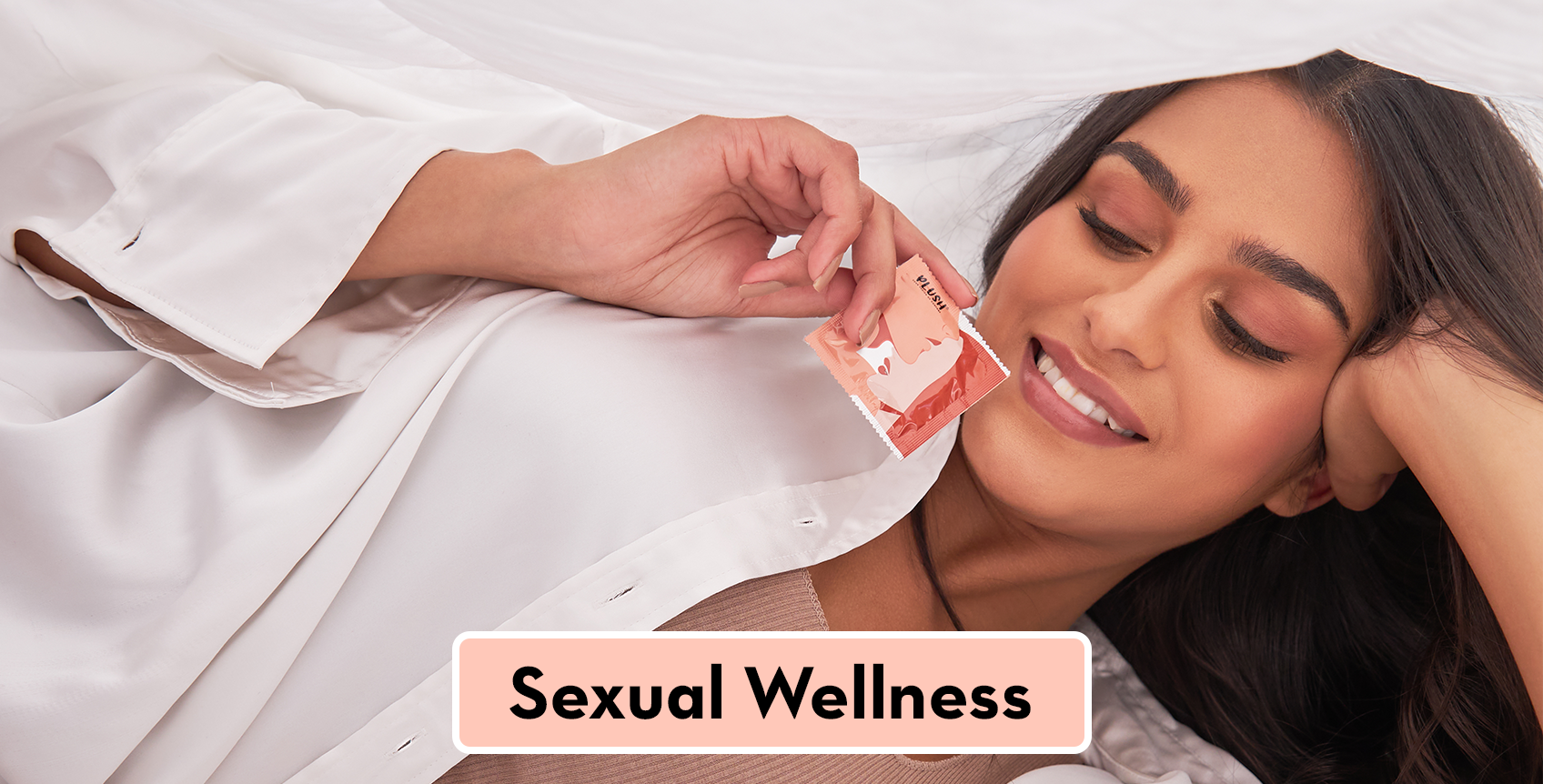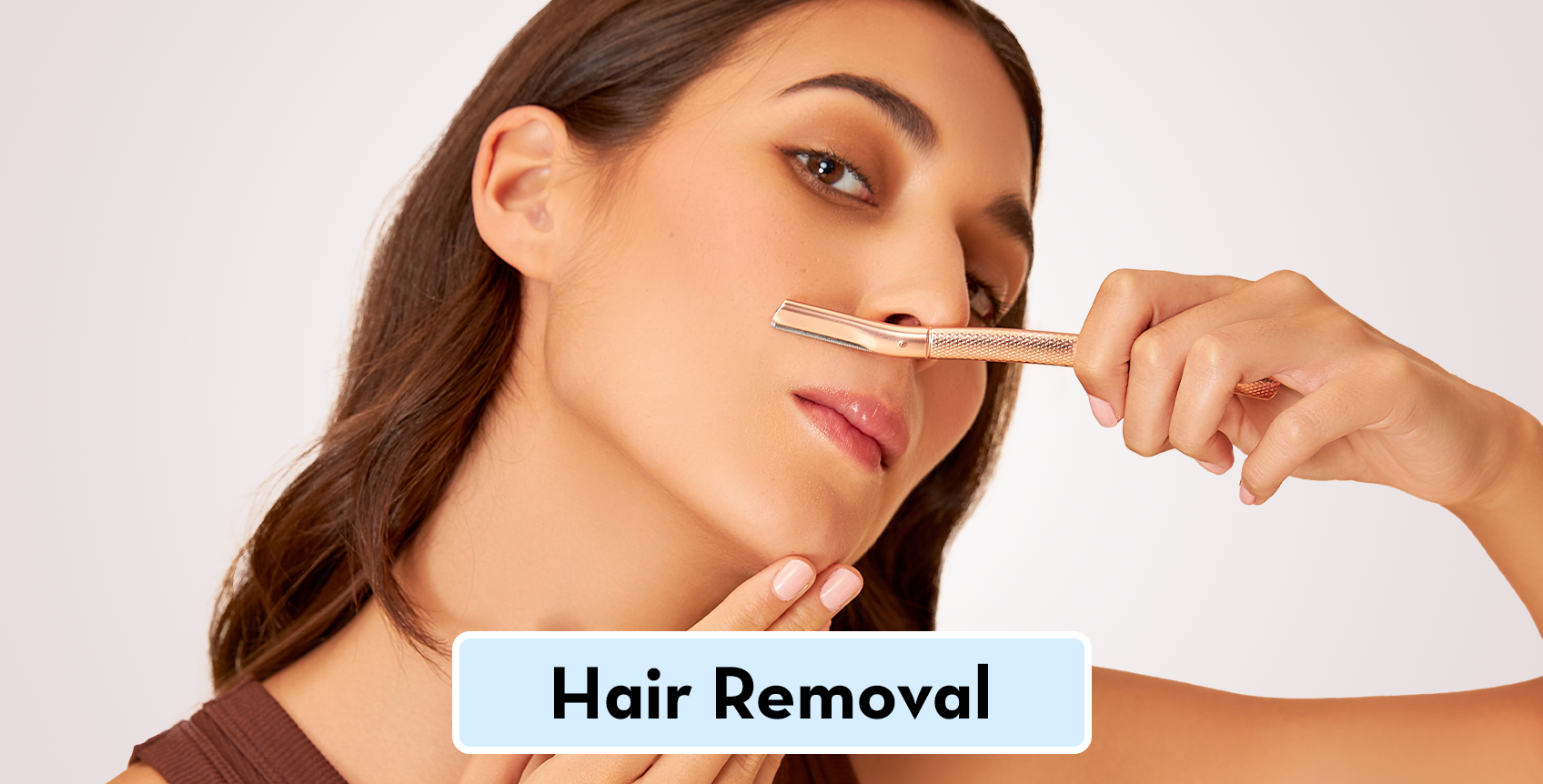Sexual Wellness and Menstrual Health: Are They Interconnected?
Sexual wellness and menstrual health are both vital to a woman's overall well-being, yet many may not realize how closely they are connected. While menstrual health focuses on the regularity and comfort of the menstrual cycle, sexual wellness pertains to intimate health, sexual satisfaction, and overall reproductive well-being - both of which can influence each other. In this blog, we explore the connection between sex and periods, and how understanding this relationship can promote a healthier lifestyle.
Hormones: The Common Link
The primary connection between sexual wellness and menstrual health lies in hormones. Estrogen, progesterone, and testosterone are key hormones involved in both sexual health and the menstrual cycle (along with others like LH and FSH). These hormones influence everything from menstruation to sexual desire and satisfaction.
-
Estrogen: Known as the primary female sex hormone, estrogen is essential for regulating your cycle. It also contributes to increased sexual desire and supports natural vaginal lubrication, especially around ovulation.
-
Progesterone: This hormone helps prepare the body for a potential pregnancy after ovulation. During the luteal phase, rising progesterone levels can lead to mood changes and may even lower sexual desire for some individuals.
-
Testosterone: While commonly associated with men, testosterone is also produced in smaller amounts in women. It plays a vital role in sexual arousal, libido, and overall sexual health.
Throughout the menstrual cycle, hormonal fluctuations can significantly impact how a woman feels both physically and emotionally. For instance, some women experience a spike in libido around ovulation due to higher estrogen levels, though experiences vary. On the flip side, a rise in progesterone after ovulation can sometimes bring about low energy, mood shifts, or reduced sexual interest.

Sexual Desire Across the Menstrual Cycle
Your sexual desire can shift throughout your menstrual cycle due to hormonal changes. Here’s how it typically plays out:
-
Follicular Phase (Before Ovulation): Estrogen levels rise, which can lead to an increase in sexual desire.
-
Ovulation: Estrogen peaks and testosterone also rises slightly around this time. Together, these hormonal shifts can lead to a noticeable boost in libido for many women.
-
Luteal Phase (After Ovulation): A rise in progesterone may cause a dip in libido - some experience low libido after ovulation due to mood swings or discomfort.
-
Menstrual Phase: During menstruation, libido may decrease because of discomfort like cramps or fatigue, although some women may still feel aroused during this phase.
Recognizing these shifts helps you better understand your body and its rhythms - especially in relation to sex and periods.
Menstrual Discomfort’s Effect on Sexual Wellness
Menstrual discomfort, such as cramps, bloating, and fatigue, can significantly impact sexual wellness for women. Painful periods or chronic conditions like endometriosis and fibroids are often at the root of both menstrual and sexual discomfort. To understand how these conditions can influence your well-being and learn ways to manage them, check out Period Pain and Chronic Conditions: Navigating Endometriosis and Fibroids.
For some women, sexual activity may support menstrual comfort by reducing stress and promoting a sense of well-being. Orgasms can increase blood circulation and release endorphins, which may offer temporary relief from cramps and help improve mood, though effects vary.
Wondering if it is safe to have sex on your period? You might find this guide helpful: Is It Safe to Have Sex While on Your Period? It sheds light on how to navigate intimacy while ensuring comfort and hygiene.
How Sexual Wellness Can Support Menstrual Health
Sexual activity may support menstrual comfort and pelvic health through improved circulation and stress relief. For many women, regular sexual activity promotes the release of endorphins, which may help ease menstrual discomfort and improve mood. Orgasms, in particular, can act as natural pain relievers and mood enhancers.
Additionally, feeling confident in your sexuality can also boost self-image and help reduce stress - factors that may indirectly support overall well-being and menstrual comfort, rather than directly “balancing hormones.” That’s why nurturing sexual wellness is an important part of supporting your overall menstrual well-being.
Menopause: The Shift in Wellness
As women approach menopause, hormonal changes lead to a cessation of menstruation, and these shifts can also significantly affect sexual wellness. A decline in estrogen and progesterone often results in vaginal dryness, reduced libido, and discomfort during sex.
To navigate these changes effectively, women may consider lubricants, pelvic floor exercises, or hormone replacement therapy (HRT) to address vaginal dryness and discomfort during intercourse. If you're looking for a more comprehensive guide on maintaining intimacy and adapting to your body's changing needs, check out Sexual Wellness for Menopause: Adapting to Your Body's Changing Needs.
Additionally,communication and self-care continue to be key even when sex and periods are no longer part of your monthly experience.
Open Communication and Self-Care
Whether you experience menstrual discomfort or fluctuations in sexual desire, open communication with your partner is essential. Sharing your needs and concerns can strengthen intimacy and understanding.
Addressing menstrual health issues with a healthcare provider is crucial, especially if conditions like PCOS or thyroid imbalances are present, as these can affect both menstrual health and libido
Taking care of yourself - mentally and physically plays a key role in maintaining overall health and well-being. Prioritizing self-care can help you approach intimacy with more confidence and understanding.

Wrapping Up: A Harmonious Connection
Sex and periods may seem like two different topics, but they’re deeply interconnected. Hormonal fluctuations are one of the factors influencing both aspects of health, along with psychological and social factors, affecting everything from libido to menstrual cycle regularity. By understanding these connections and prioritizing self-care, communication, and professional support when needed, women can optimize both their sexual and menstrual health for a happier, healthier life.
🔍 FAQs
1. How does the menstrual cycle affect sexual desire?
Hormonal fluctuations during the menstrual cycle cause shifts in libido. Some women feel more desire during ovulation due to rising estrogen and testosterone.
2. Can having sex during your period relieve cramps?
Yes, orgasms during period sex release endorphins and improve blood flow, which can ease cramps and improve your mood.
3. Is it normal to have low libido before or after ovulation?
Definitely. Many women experience low libido after ovulation due to increased progesterone or PMS symptoms.
4. Can sex improve menstrual health?
Sexual activity may not directly improve menstrual health but can support menstrual comfort through increased circulation, reduced stress, and the release of feel-good hormones like endorphins and oxytocin. These effects may help ease cramps and improve mood for some women.
5. Is it safe to have sex on your period?
Absolutely, in most cases, it’s safe as long as hygiene, protection, and comfort are prioritized, and there are no underlying medical conditions or infections present. However, the risk of STI transmission can be slightly higher during menstruation, so protection is especially important.
Leave a Message
This site is protected by reCAPTCHA and the Google Privacy Policy & Terms of Service apply.





